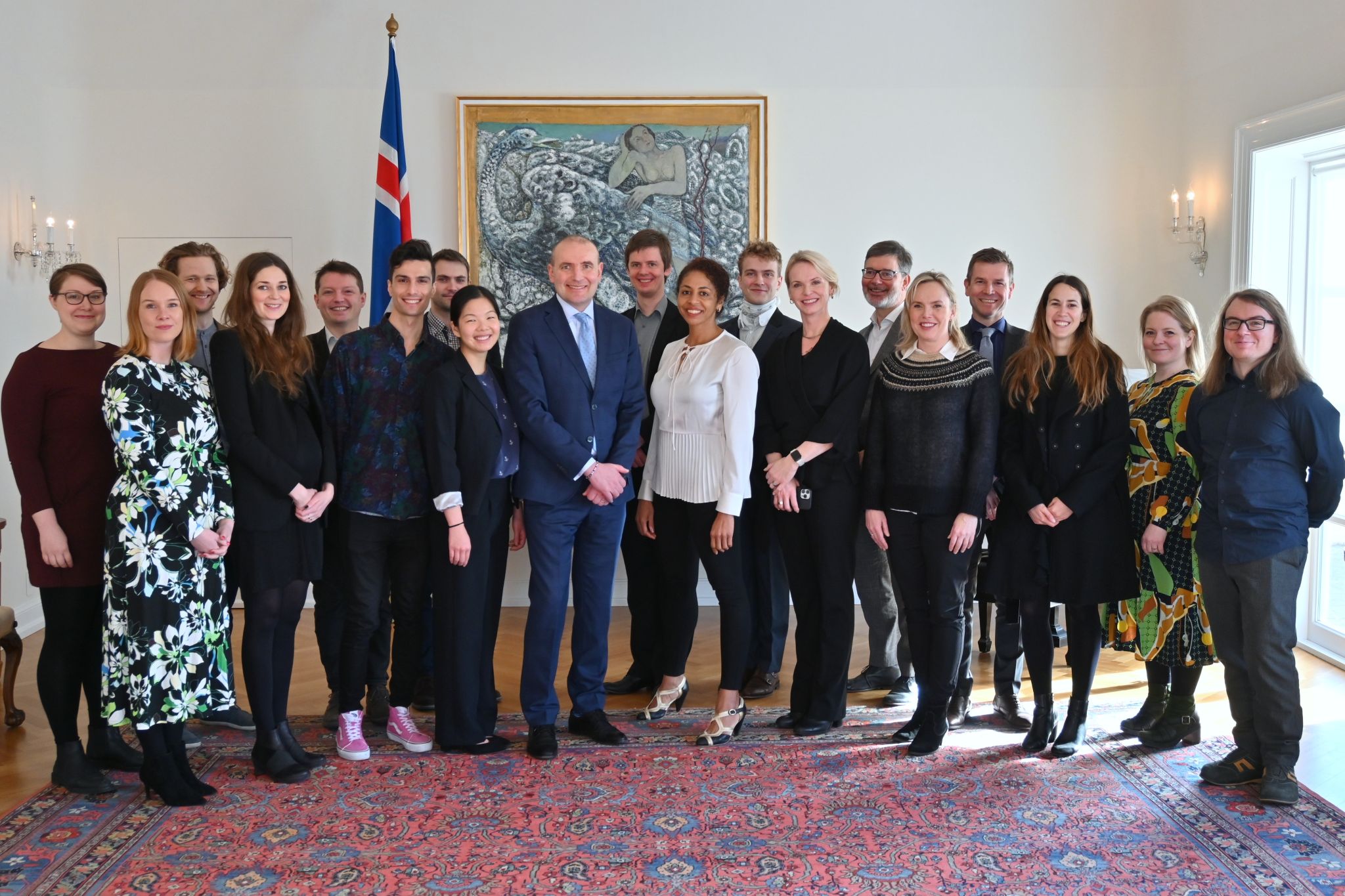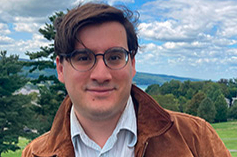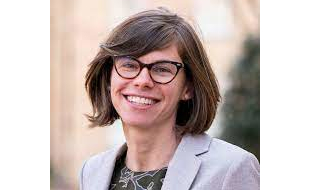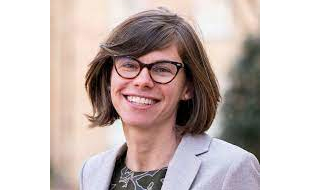News

Phonetics Lab Alumnus Linda Heimisdottir meets with Iceland's president
Phonetics Lab alumnus Dr. Linda Heimisdottir (left, in the flowered dress) recently met with the Iceland President HE Guðni Th. Jóhannesson (center) as part of a new project to use OpenAI's GPT-4 to preserve the Icelandic language.
This project - initiated during a visit by President Jóhannesson and a language technology delegation to Open AI’s headquarters last spring - is a partnership between the Icelandic government, Icelandic NLP/AI company Miðeind, and OpenAI, where Miðeind is working with OpenAI to train and fine-tune GPT-4 on Icelandic. Representatives of OpenAI (including Anna Makanju, their Head of Public Policy) participated in the meeting, and they also attended a local symposium about AI and low-resource languages.
The partnership was envisioned not only as a way to boost GPT-4’s ability to service a new corner of the world, but also as a step towards creating resources that could help preserve other low-resource languages.
7th April 2023

Francesco Burroni accepts Postdoctoral Fellow position on the Ludwig Maximilian University of Munich
Phonetics Lab alumnus Francesco Burroni accepted a position as a Postdoctoral Fellow at the Institute for Phonetics and Speech Processing (IPS) at the Ludwig Maximilian University of Munich. He will be working with Prof. James Kirby, Professor of Spoken Language Processing.
He will be joining the department in March 2023, after having successfully defended his dissertation in November 2022.
6th February 2023

Phonetics Lab Alumnus Becky Butler helps secure $900,000 grant for UNC Chapel Hill's Southeast Asian studies
Phonetics Lab alumnus Dr. Becky Butler (PhD 2014) and an interdisciplinary team of UNC researchers have won a $900,000 grant from the Henry Luce Foundation for “Bringing Southeast Asia Home,” an initiative that will expand the study of Southeast Asia and its languages at UNC-Chapel Hill and the UNC System. The grant proposal was led by principal investigator Christian Lentz (Department of Geography), Becky Butler (Department of Linguistics, Carolina Asia Center), Angel Hsu (Department of Public Policy), and Noah Kittner (Gillings School of Global Public Health).
More coverage of the grant can be found here: https://global.unc.edu/news-story/carolina-secures-900000-grant-to-advance-the-study-of-southeast-asia/
Source: https://linguistics.unc.edu/becky-butler-helps-secure-900000-grant-for-southeast-asian-studies/
13th January 2023

Phonetics Lab Alumnus Becky Butler promoted to Assistant Director at UNC Southeast Asia Initiative
Phonetics lab alumnus Becky Butler (PhD 2014) was recently appointed Assistant Director for Southeast Asia Initiatives at the University of North Carolina (UNC) at Chapel Hill.
As such, she supports the study of Southeast Asia at UNC by writing grants, coordinating Southeast Asia events, making connections among folks with an interest in the region, and facilitating opportunities for UNC’s Southeast Asian and Southeast Asian American students.
In particular, Becky is supporting the Carolina Asia Center (CAC) current grant, “Bringing Southeast Asia Home,” and she is also working with the Department of Asian and Middle Eastern Studies Vietnamese language program.
13th January 2023
